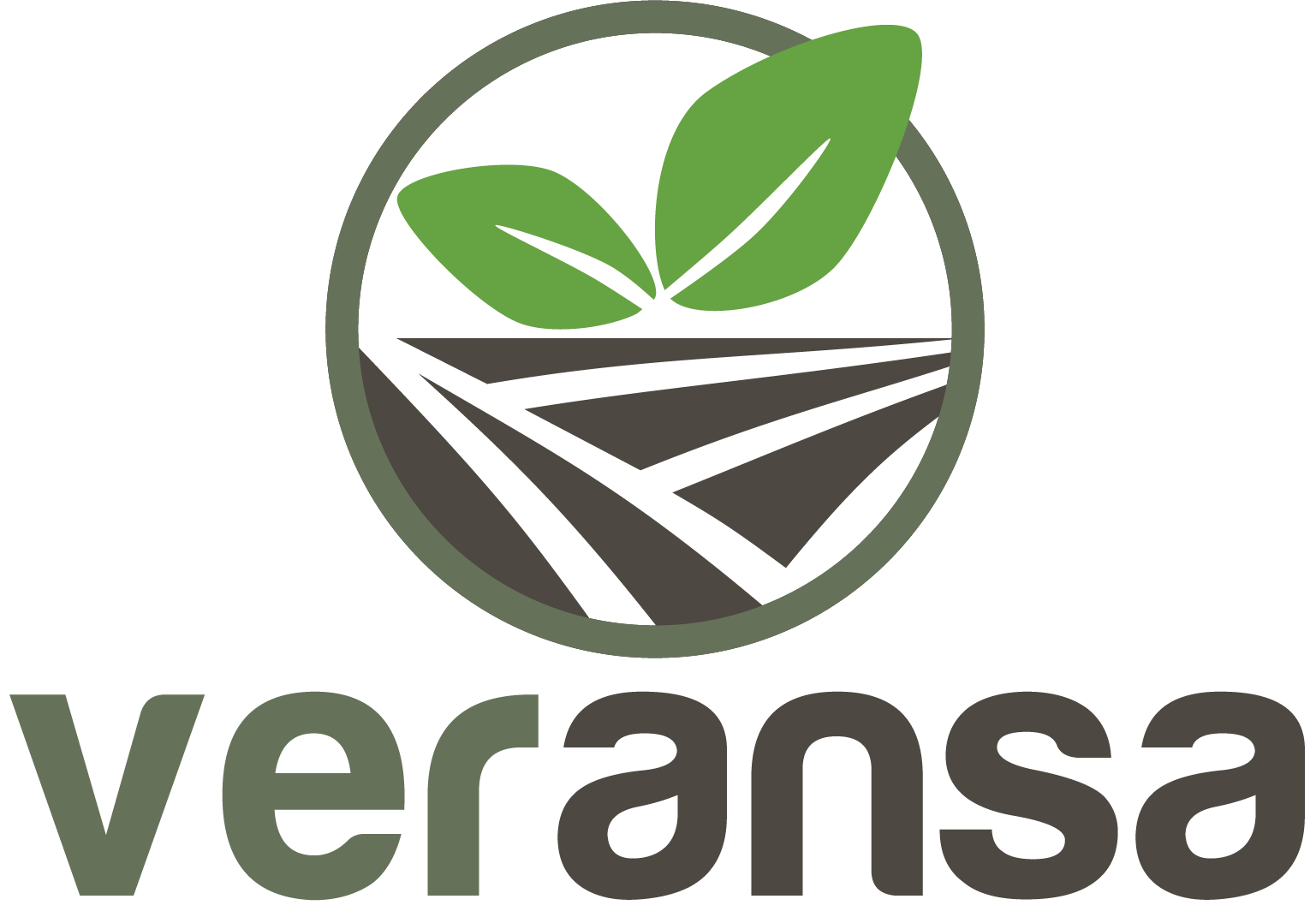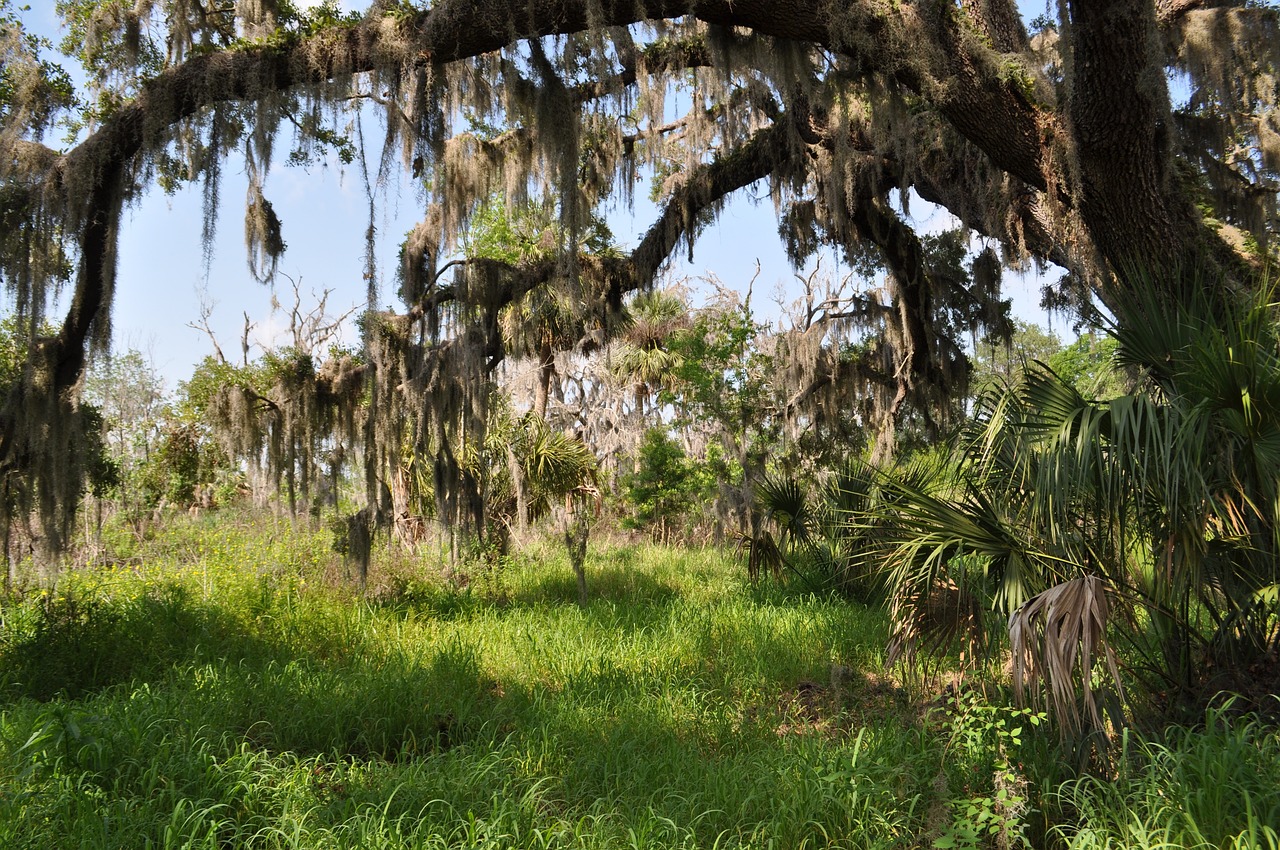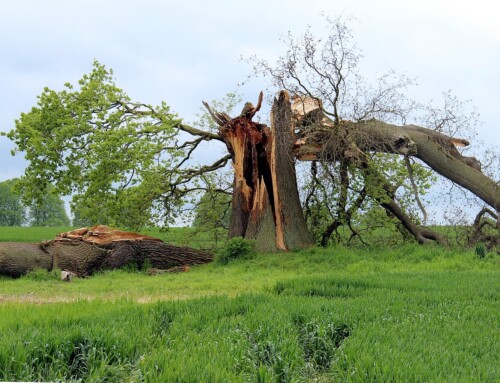Environmental discussions are increasingly including the topic of “green waste,” a term which refers to biodegradable waste suitable for composting. In the context of municipal waste disposal, green waste typically refers to grass clippings or leaves. Understanding the impact this type of waste has on the environment is vital both on an individual level, and within the local community as a whole.
Green Waste: Definition and Composition
Green or biological waste is any organic waste that can be composted. It may include a wide variety of materials, such as grass clippings, leaves and food waste. These materials are nitrogen-dense, not to be confused with “brown wastes” – such as hay, straw or dried leaves – which have a high carbon content. The most common sources in a household are grass and lawn clippings, shrub or hedge cuttings, and organic kitchen waste. Commercially, landscapers and developers may generate tons of green organic waste when clearing or maintaining land.
Potentially Adverse Consequences
When green waste is not managed and disposed of correctly, the result could be damaging to the environment. Some of the issues associated with the improper disposal of green waste include:
- Overfilling of Landfills: Green waste consumes valuable landfill space that should be utilized for non-recyclable trash.
- Emission of Methane: Decomposing green waste emits a powerful greenhouse gas known as methane, which is colorless, odorless and highly flammable.
- Water Pollution: Improperly handled green waste can pollute surrounding bodies of water, impacting marine life and creating toxic algae growth.
Significant Advantages of Proper Management
When municipalities partner with waste management firms to properly dispose of this type of green and biological waste, they help the community in numerous ways.
- Reduced landfill usage
- Lower methane emissions
- Production of high-quality, non-chemical compost to put back into the area soil
Composting is one of the primary ways that green waste is recycled. Composting breaks down organic materials into nutrient-rich compost that can be repurposed for natural soil fertilization. In fact, green waste is an essential contributor to nutrient content and volume in topsoil production. Composted waste can help to alleviate soil-borne diseases, a significant benefit for large-scale horticultural and agricultural projects. It can also be utilized to co-compost with sewage wastes, offering additional sustainable disposal methods and minimizing landfill waste.
Benefits of Implementing a Green Waste Management Process
When municipalities commit to responsible sustainability goals, they are creating an environment that benefits the extended community. Biological waste recycling can transform potentially harmful waste into products that are beneficial to farmers and the agricultural ecosystem, making life safer and cleaner for all area residents.
By establishing a partnership with a green and wood waste management company, municipalities can:
- Regenerate the soil in agricultural areas
- Naturally help to restore the health of watersheds and waterways
- Reduce methane and carbon in the atmosphere
Did You Know? It is estimated that each Florida resident generates between 500 and 1000 pounds of wood, green and yard waste annually. That adds up to over 7 million tons of waste per year, with the Tampa area alone contributing 3 million tons of waste.
Unlike other parts of the country, Florida businesses and households generate organic green and yard waste year-round. As the population continues to grow, so does the potential for environmental issues that arise from improper waste disposal and management. It is imperative that cities and municipalities establish partnerships with waste management companies to ensure that organic waste is collected and processed properly. Working together, they can reduce the harmful impacts of these materials, and recycle them to benefit the entire community.
The Veransa Group is committed to sustainability, operational excellence and environmentally responsible waste management for municipalities from Tampa to Fort Myers.




